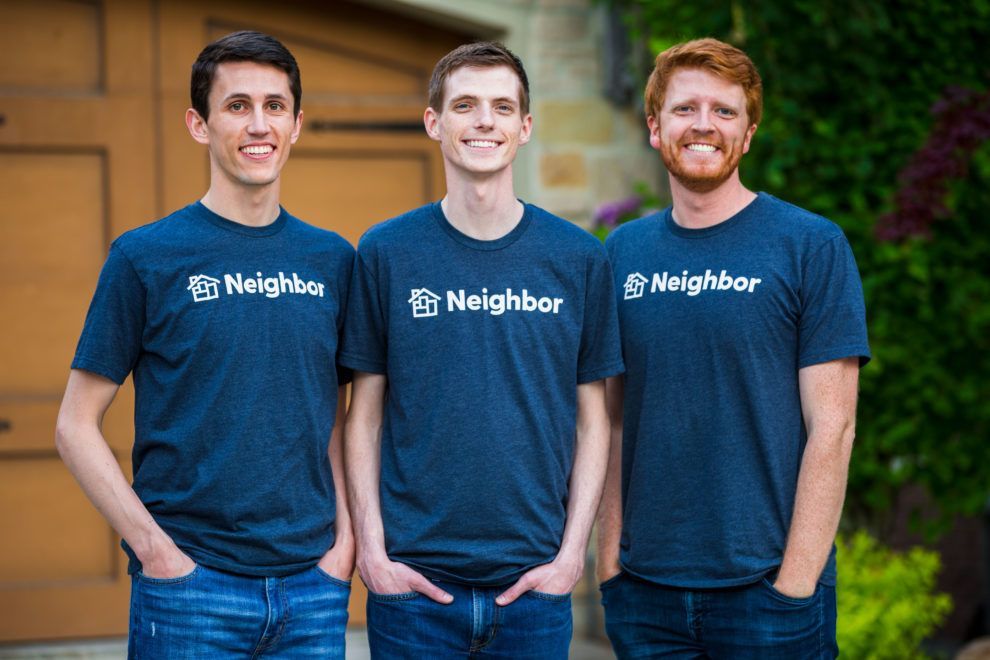402 reads
That Moment When You're Boarding a Flight Home, and Andreessen Horowitz Calls...
by
November 12th, 2020
CEO of Foundersuite.com, which makes software for raising venture capital and managing investors.
About Author
CEO of Foundersuite.com, which makes software for raising venture capital and managing investors.
